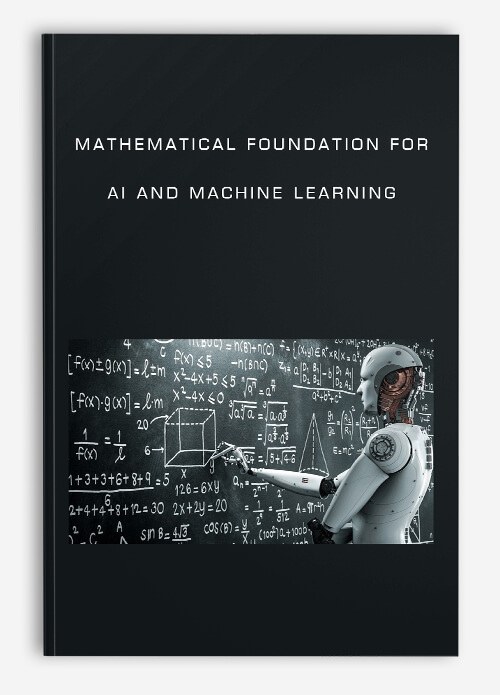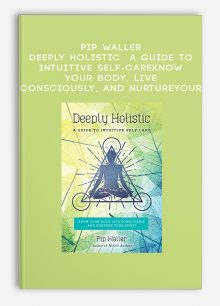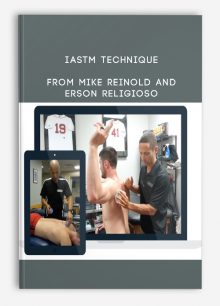Subtotal: $87.00
Mathematical Foundation for AI and Machine Learning
$49.99 $17.00
Product Include:
File size:
Mathematical Foundation for AI and Machine Learning
**More information:
Get Mathematical Foundation for AI and Machine Learning at Salaedu.com
Description
Artificial Intelligence has gained importance in the last decade with a lot depending on the development and integration of AI in our daily lives. The progress that AI has already made is astounding with the self-driving cars, medical diagnosis and even betting humans at strategy games like Go and Chess.
The future for AI is extremely promising and it isn’t far from when we have our own robotic companions. This has pushed a lot of developers to start writing codes and start developing for AI and ML programs. However, learning to write algorithms for AI and ML isn’t easy and requires extensive programming and mathematical knowledge.
Mathematics plays an important role as it builds the foundation for programming for these two streams. And in this course, we’ve covered exactly that. We designed a complete course to help you master the mathematical foundation required for writing programs and algorithms for AI and ML.
The course has been designed in collaboration with industry experts to help you breakdown the difficult mathematical concepts known to man into easier to understand concepts. The course covers three main mathematical theories: Linear Algebra, Multivariate Calculus and Probability Theory.
Linear Algebra – Linear algebra notation is used in Machine Learning to describe the parameters and structure of different machine learning algorithms. This makes linear algebra a necessity to understand how neural networks are put together and how they are operating.
It covers topics such as:
- Scalars, Vectors, Matrices, Tensors
- Matrix Norms
- Special Matrices and Vectors
- Eigenvalues and Eigenvectors
Multivariate Calculus – This is used to supplement the learning part of machine learning. It is what is used to learn from examples, update the parameters of different models and improve the performance.
It covers topics such as:
- Derivatives
- Integrals
- Gradients
- Differential Operators
- Convex Optimization
Probability Theory – The theories are used to make assumptions about the underlying data when we are designing these deep learning or AI algorithms. It is important for us to understand the key probability distributions, and we will cover it in depth in this course.
It covers topics such as:
- Elements of Probability
- Random Variables
- Distributions
- Variance and Expectation
- Special Random Variables
The course also includes projects and quizzes after each section to help solidify your knowledge of the topic as well as learn exactly how to use the concepts in real life.
At the end of this course, you will not have not only the knowledge to build your own algorithms, but also the confidence to actually start putting your algorithms to use in your next projects.
Enroll now and become the next AI master with this fundamentals course!
- Any one who wants to refresh or learn the mathematical tools required for AI and machine learning will find this course very useful
Self Help – Self Help online course
More information about Self Help:
Self-help or self-improvement is a self-guided improvement—economically, intellectually, or emotionally—often with a substantial psychological basis.
Many different self-help group programs exist, each with its own focus, techniques, associated beliefs, proponents and in some cases, leaders.
Concepts and terms originating in self-help culture and Twelve-Step culture, such as recovery, dysfunctional families, and codependency have become firmly integrated in mainstream language.
Self-help often utilizes publicly available information or support groups, on the Internet as well as in person, where people in similar situations join together.
From early examples in self-driven legal practice and home-spun advice, the connotations of the word have spread and often apply particularly to education, business,
psychology and psychotherapy, commonly distributed through the popular genre of self-help books.
According to the APA Dictionary of Psychology, potential benefits of self-help groups that professionals may not be able to provide include friendship,
emotional support, experiential knowledge, identity, meaningful roles, and a sense of belonging.
1 review for Mathematical Foundation for AI and Machine Learning
Add a review Cancel reply
Related products
Internet Marketing Courses
Anthony Robbins – Date With Destiny Leadership Manual December 2013
HEALTH - FITNESS - LIFESTYLE - MEDICAL
Internet Marketing Courses
Maven Marketing Bootcamp Home Study Version from Jay Abraham & Rich Schefren
Internet Marketing Courses
HEALTH - FITNESS - LIFESTYLE - MEDICAL

 Author Expert Marketing Machines Certification Training from Mike Koenigs
Author Expert Marketing Machines Certification Training from Mike Koenigs 









king –
We encourage you to check Content Proof carefully before paying.“Excepted” these contents: “Online coaching, Software, Facebook group, Skype and Email support from Author.”If you have enough money and feel good. We encourage you to buy this product from the original Author to get full other “Excepted” contents from them.Thank you!